Top 5 Mistakes To Avoid After A Slip And Fall Accident
Key Takeaways: Top Mistakes to Avoid After a Slip-and-Fall Accident: Not seeking immediate medical attention, ignoring follow-up care, failing to...
Key Takeaways:
Proving negligence in a slip and fall case can be difficult.
While property owners have a duty to maintain a safe environment, they're not automatically liable for every accident.
The success of your case often hinges on whether the owner knew about the hazard and if they had a reasonable opportunity to address it.
An experienced Duluth Personal Injury Attorney can help you prove negligence while you focus on healing your injuries.
This article will guide you through the essential steps and evidence needed to establish negligence in a slip and fall injury case, helping you understand what it takes to build a strong claim.
Table Of Contents
In Georgia, to prove negligence in a slip-and-fall case, you must demonstrate that the property owner or their employees were aware of the hazardous condition or should have been aware of it and failed to take reasonable steps to address it.
This means they did not uphold a standard duty of care.
This could include neglecting to clean up a spill, failing to put out warning signs, or not repairing a known issue, such as poor lighting or cracked sidewalks.
For example, if an employee of a business spills water on a sidewalk and it freezes, creating a slippery surface, the business owner could be held liable if they didn't take action to mitigate the risk.
In this scenario, the employee's action and subsequent inaction contributed to the hazardous condition, and the business owner had a duty to ensure the safety of visitors.
However, if the business owner took reasonable precautions to address the hazard, such as putting out signs warning of an icy surface, and you still slipped, your case might not hold up in court.
The law requires that property owners take reasonable steps to prevent injuries.
Still, it also expects visitors to exercise a reasonable level of awareness and caution.
Your behavior at the time of the incident can also impact your case.
If security footage shows that you were distracted, such as looking at your cell phone and not paying attention to where you were walking, the property owner can argue that your lack of awareness contributed to the accident.
This could reduce your chances of recovering damages or potentially bar your claim altogether.
Proving negligence in a slip and fall case in Georgia requires showing that the property owner knew or should have known about the dangerous conditions, failed to take appropriate action to remedy it, and you were exercising reasonable caution at the time of your injury.
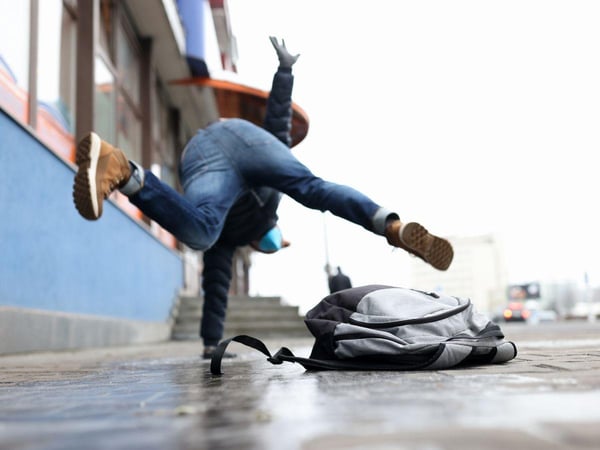
A slip and fall injury is a type of personal injury that occurs when someone slips, trips, or falls due to a hazardous condition on someone else's property.
These incidents are part of premises liability claims, which hold property owners responsible for injuries caused by their negligence in maintaining a safe environment for visitors.
While not all premises liability cases involve slip and fall accidents, all slip and fall cases fall under the umbrella of premises liability.
Common causes of slip and fall injuries include:
Understanding the various scenarios that can lead to slip and fall injuries is crucial for property owners and visitors.
It helps property owners take preventive measures and informs visitors of potential risks, ultimately contributing to a safer environment for everyone.
Understanding comparative negligence is crucial as it can significantly influence your slip and fall case in Georgia, underscoring the importance of seeking legal advice.
It refers to a situation in which both the property owner and the injured party share responsibility for the accident.
For example, if you were using your cell phone or were in a rush and not paying attention to where you were walking, the insurance company might argue that your own actions contributed to your fall.
Under Georgia's comparative negligence rules, your compensation can be reduced by the percentage of fault attributed to you.
If you are found to be 30% responsible for the accident because you were distracted, your compensation could be reduced by 30%.
In cases where the injured party is found to be 50% or more at fault, they may not be eligible for compensation.
Navigating the complexities of comparative negligence requires the expertise of a personal injury lawyer experienced in handling slip and fall cases.
A skilled attorney can help you gather evidence, such as witness statements and security camera footage, to strengthen your case and minimize the impact of comparative negligence on your claim.
They can also negotiate with insurance companies to ensure you receive fair compensation for your injuries, medical bills, and other losses.
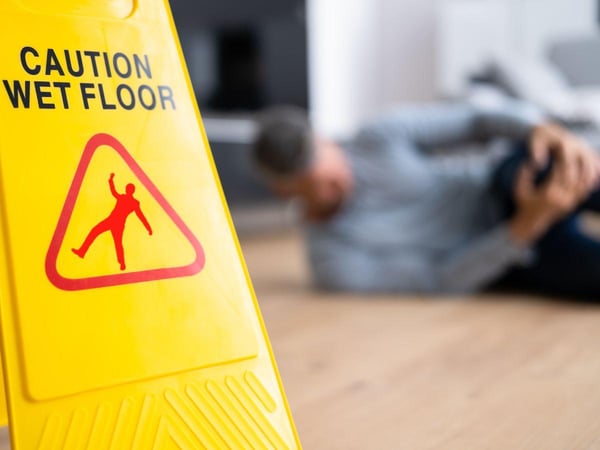
In a slip and fall case, the damages you can claim are intended to compensate for economic and non-economic losses.
Economic damages include tangible costs such as medical bills for treatments related to your injuries, which may range from minor bruises to more severe conditions like traumatic brain injuries or spinal injuries.
These damages also cover rehabilitation costs, lost wages if you cannot work during recovery, and necessary medical equipment.
Non-economic damages account for the intangible aspects of your injury, such as pain and suffering, emotional distress, and loss of enjoyment of life.
If the injury has resulted in long-term or permanent disability, these damages can also reflect the ongoing hardships and lifestyle adjustments that may not have a direct financial cost but significantly impact your quality of life.
In some cases where the negligence was particularly egregious, punitive damages might be awarded.
These are not meant to compensate the victim but rather to punish the defendant and deter similar negligent behavior in the future.
Understanding the types of damages available in a slip and fall case and how they are calculated is crucial for ensuring that you receive fair compensation.
A skilled personal injury attorney can help you navigate these legal complexities and advocate for the maximum compensation possible.
Proving negligence in a slip and fall case requires a thorough understanding of premises liability laws.
At the Cotto Law Group in Duluth, GA, our experienced personal injury lawyers are dedicated to advocating for those injured due to others' negligence.
We understand the impact of your injuries on your life and are committed to helping you secure the compensation you deserve.
Whether it's a workplace incident or another slip and fall situation, don't go it alone.
Call us at (770) 817-7581 today for a free consultation, and let's take the first step towards securing your recovery together.
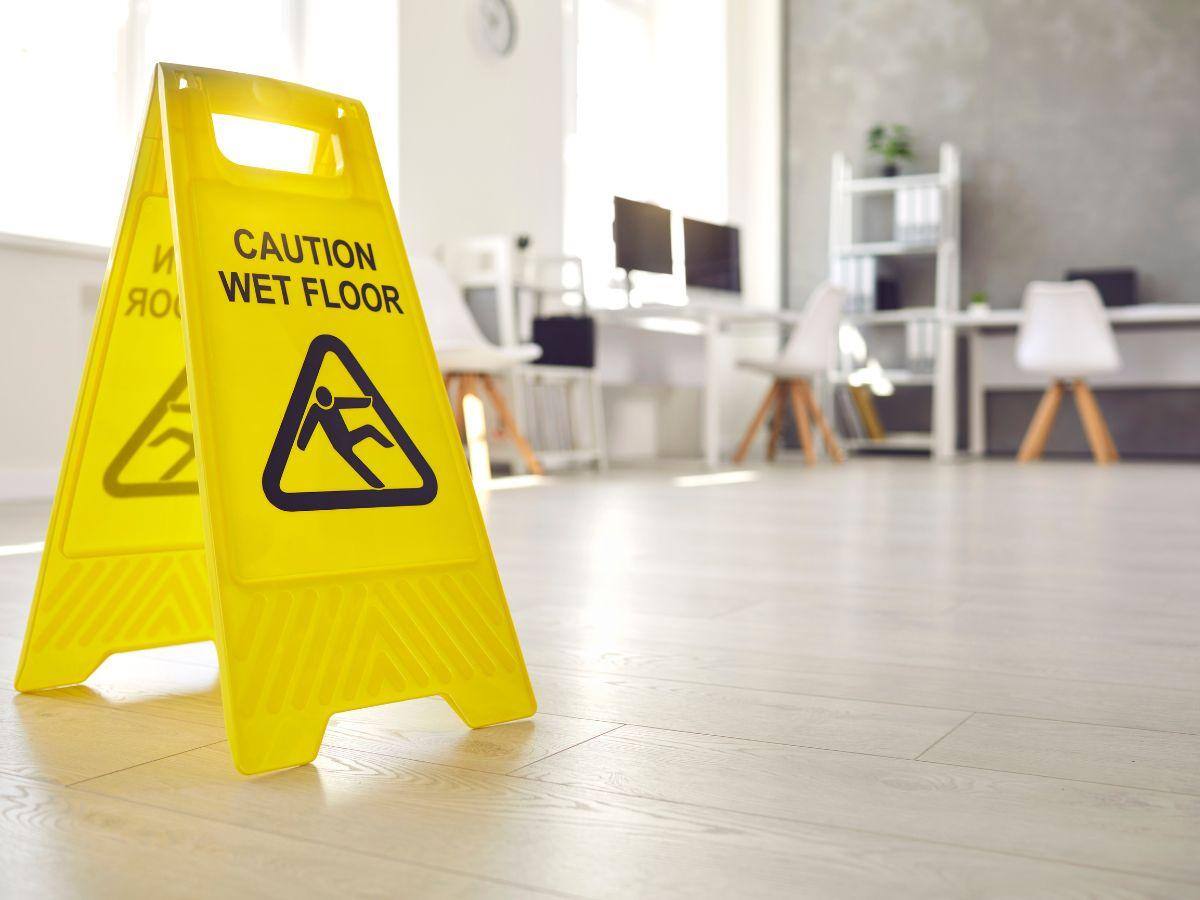
Key Takeaways: Top Mistakes to Avoid After a Slip-and-Fall Accident: Not seeking immediate medical attention, ignoring follow-up care, failing to...
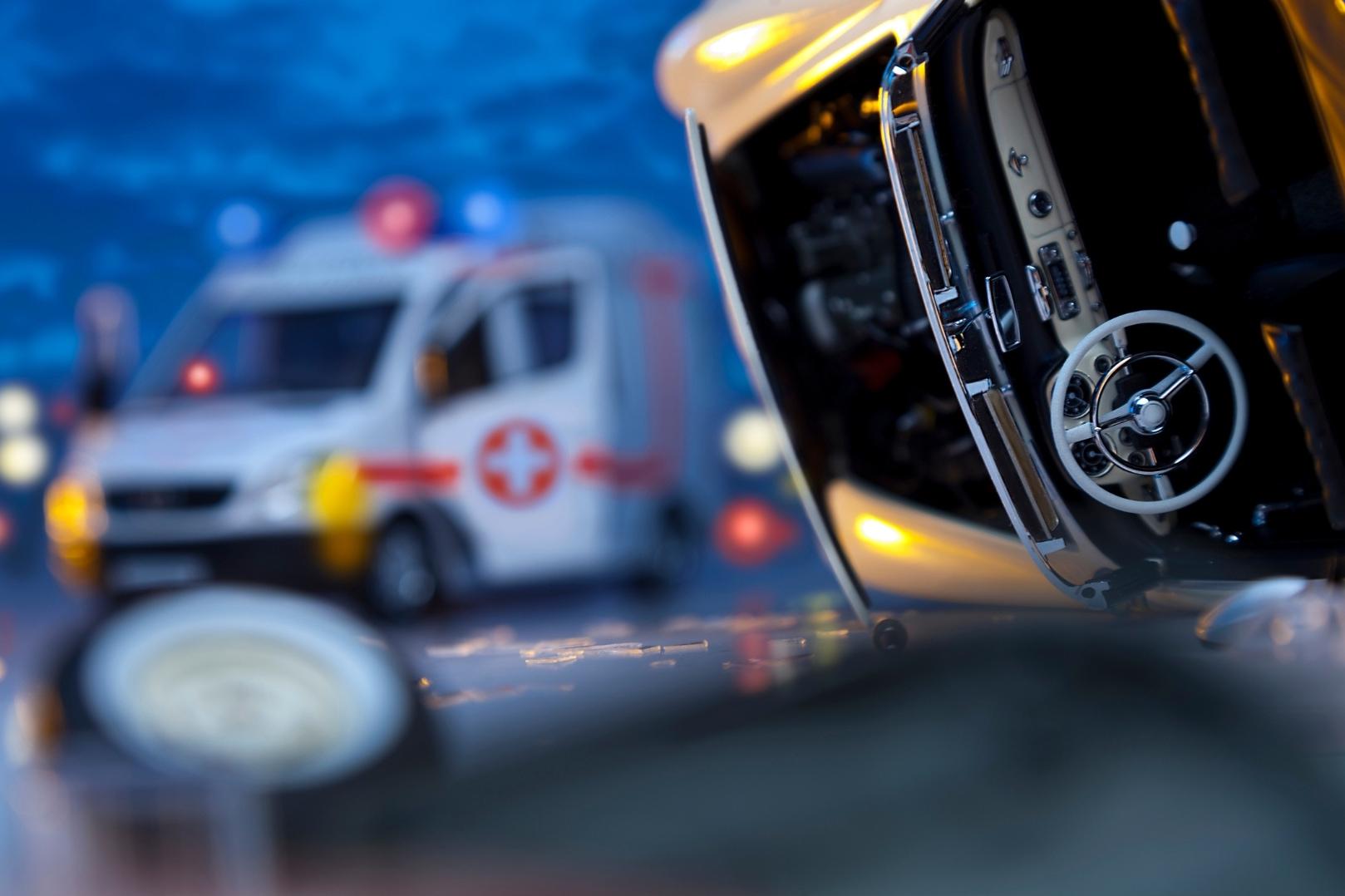
1 min read
Imagine surviving a car accident only to face a legal battle for justice and compensation. Beyond the immediate concerns of covering your medical...
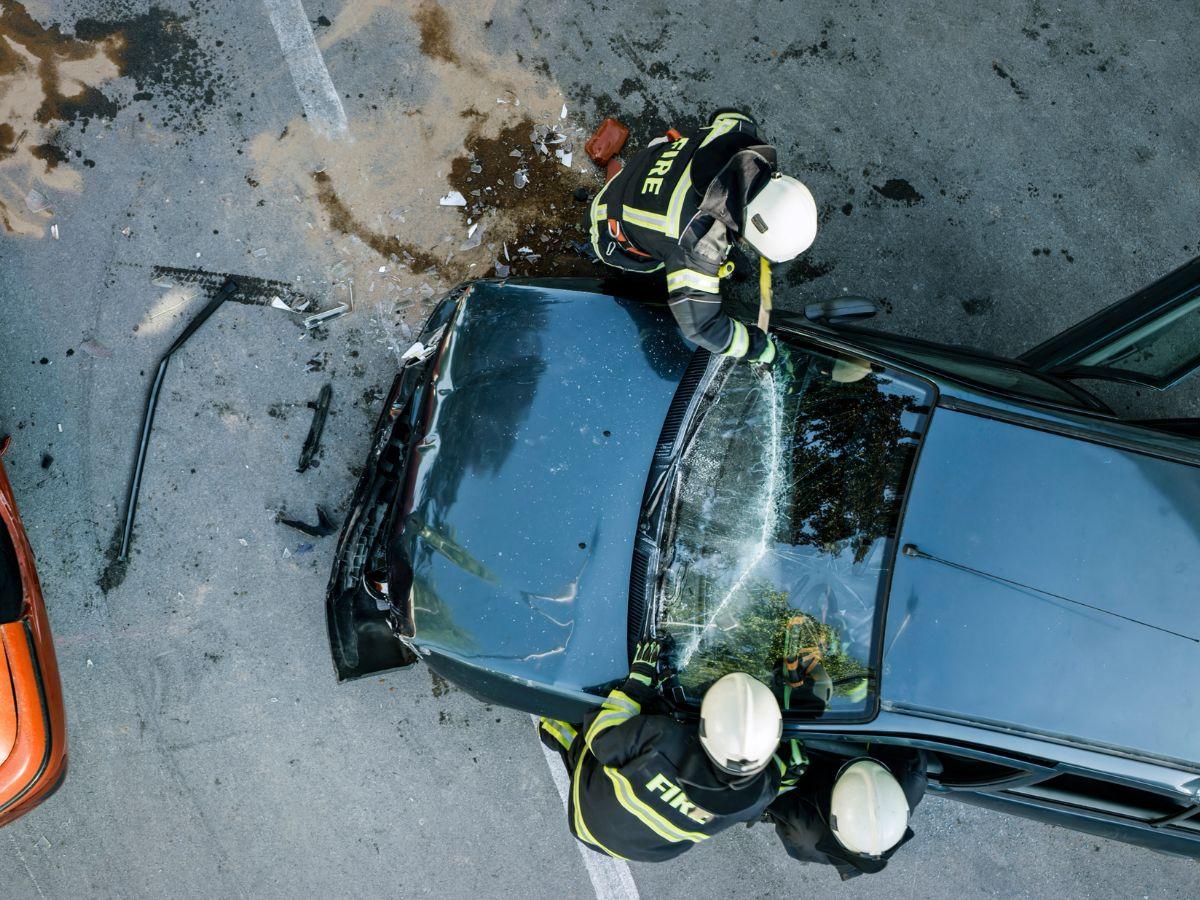
Key Takeaways: Claim vs. Lawsuit: Insurance claims are generally quicker and cover immediate damages through your provider, while lawsuits can...